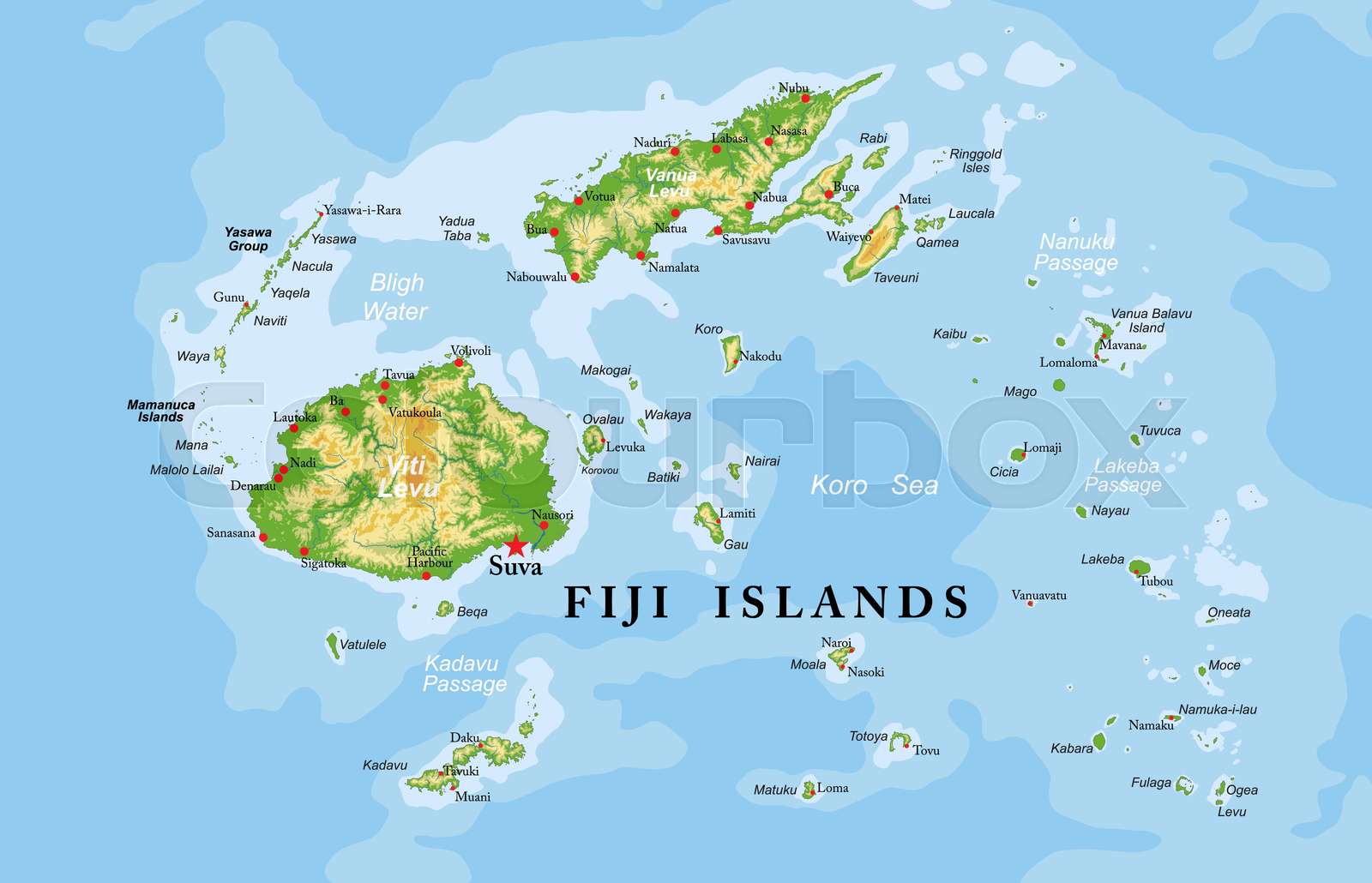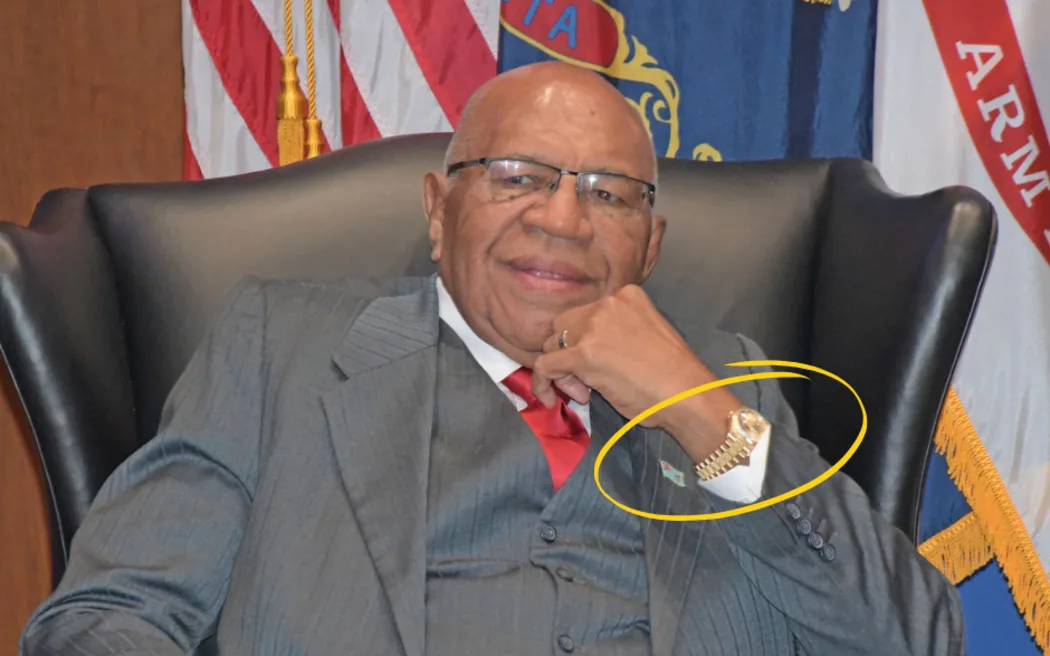by Martin Haffner Associate Editor
Suspended Fiji Chief Prosecutor Demands Release of Findings Amid Controversy
In a significant development in the legal landscape of Fiji, the country’s suspended chief prosecutor has called for the immediate release of findings related to his suspension. The contentious situation has sparked discussions about transparency, governance, and the rule of law within Fiji’s judicial system.
Background of the Suspension
The chief prosecutor, who has held the position since [insert year], was suspended earlier this year amid allegations of misconduct and inefficiency. Specific instances triggering the suspension have not been made public, leaving many questions unanswered within the legal community and among the general populace. The government, citing the need to protect the integrity of the judicial process, has remained largely tight-lipped regarding the details of the allegations.
Demand for Transparency
In a recent press conference, the suspended prosecutor publicly demanded that the findings associated with his suspension, as well as the processes that led to it, be made available to the public. “It is imperative for the sake of justice and the rule of law that these findings are released,” he stated. “Transparency is crucial in maintaining public confidence in our legal system, and without it, we have a system that operates in shadows.”
His call for disclosure resonates with many advocates of judicial reform, who argue that such transparency is essential not only for justice in his case but also for the health of Fiji’s democracy as a whole.
Public Reaction
The response from the public and various legal entities has been mixed. While some factions have expressed support for the suspended prosecutor’s plea, emphasizing the importance of an open and transparent judicial system, others have voiced concerns. Critics argue that releasing the findings could undermine ongoing investigations or set a detrimental precedent regarding confidentiality in legal matters.
In response to the demands for transparency, the Attorney General’s office has indicated that they are committed to following due process and ensuring that justice is served. However, they have not provided a timeline for when, or if, the findings will be released to the public.
Implications for the Legal System
The controversy surrounding the chief prosecutor’s suspension highlights broader issues facing Fiji’s legal framework. Reports of political interference in judicial matters, allegations of corruption, and calls for reform have been prevalent in conversations surrounding the administration of justice in the island nation.
Legal experts suggest that the outcome of this situation could set a significant precedent for accountability in positions of power and the transparency of judicial processes. Furthermore, it raises questions about the checks and balances inherent in the Fijian government and judicial system.
The Road Ahead
As discussions continue, the suspended chief prosecutor remains adamant about his innocence and the need for public access to information regarding the circumstances of his suspension. His plea for transparency could potentially lead to a pivotal moment for Fiji’s judicial integrity, influencing public opinion and government policy moving forward.
What remains clear is that the resolution of this matter will be closely watched, not only by those within Fiji but also by international observers and human rights organizations. The world will be watching as Fiji navigates this challenging juncture in its legal history, assessing its commitment to justice, transparency, and the rule of law.
As the suspended chief prosecutor’s demands unfold, the coming weeks will likely prove critical in determining not only his future but also the evolution of transparency and accountability within Fiji’s legal system. The pursuit of truth and justice must remain paramount as the nation seeks to uphold its commitment to democratic governance and the rule of law for all its citizens.



